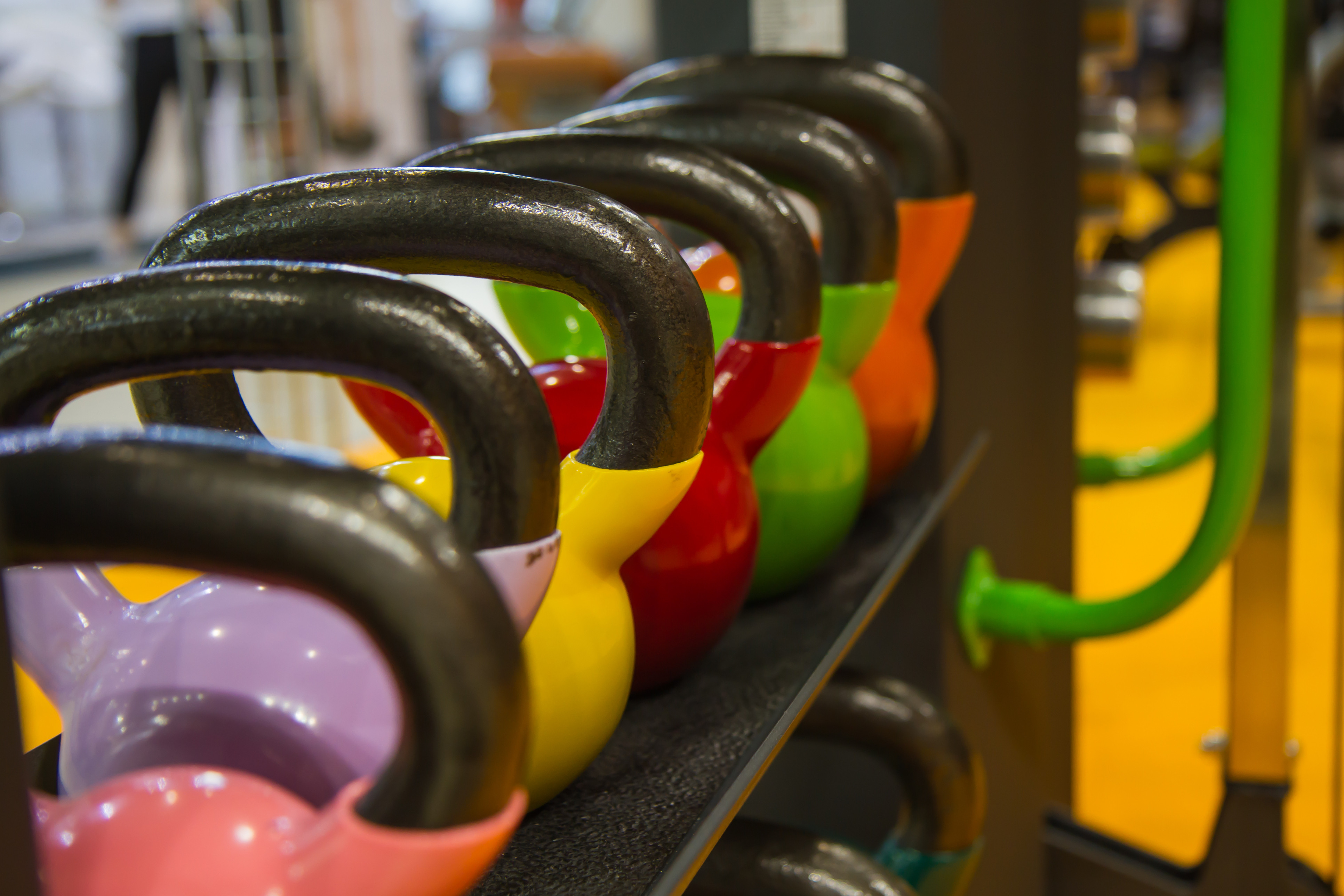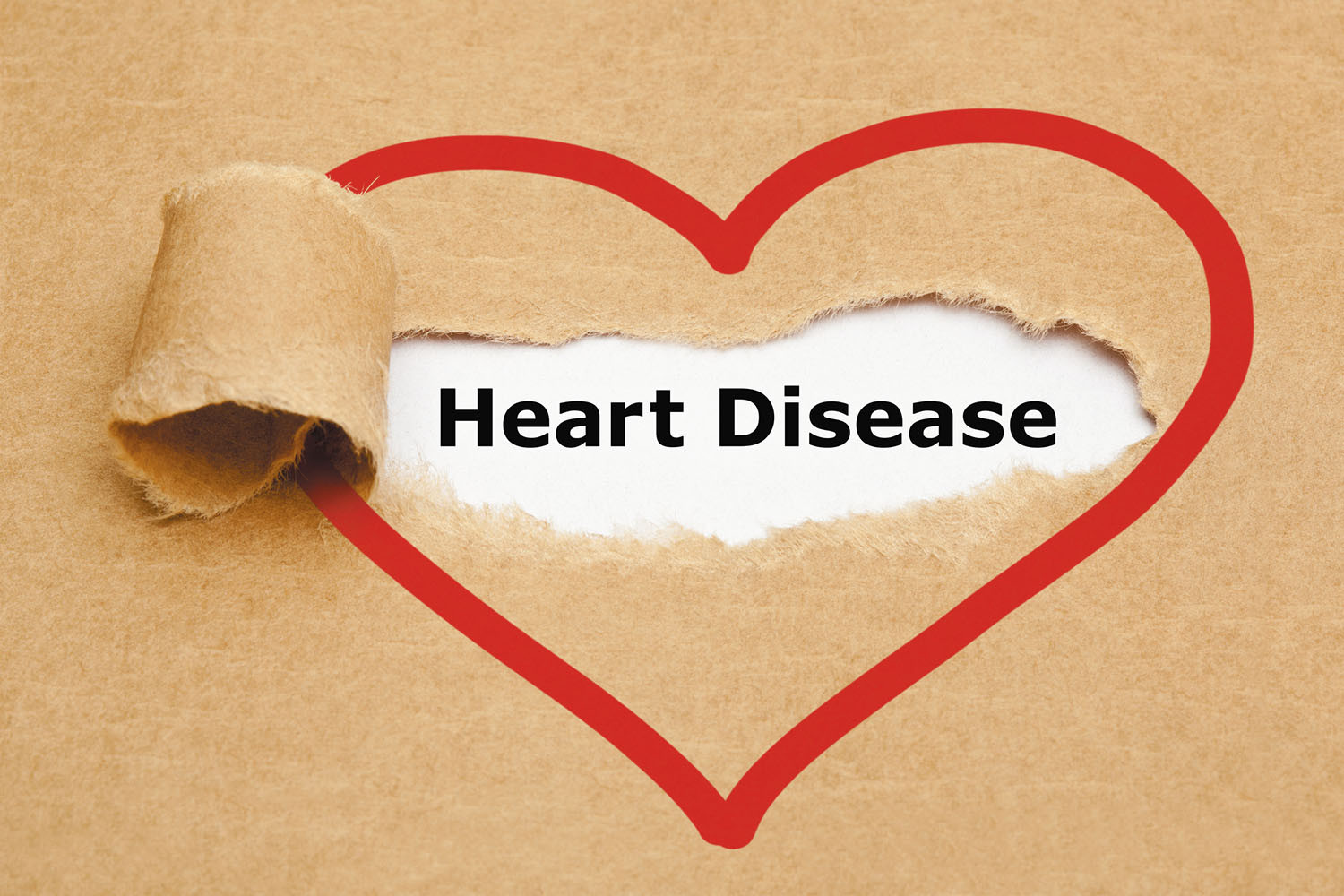
Trying to lose weight? Be careful not to lose muscle

Is your skin problem actually an autoimmune condition?

People with diabetes face higher risk of hearing loss

Antibiotic-free fixes for recurrent UTIs

Musculoskeletal syndrome of menopause: When menopause makes you ache all over

When can older women stop getting mammograms?

To lose weight, especially harmful belly fat, combine diet and exercise

Can men hold off on treating recurring prostate cancer?

The 7 types of rest and why we need them all

What are the early warning signs of cervical cancer?
Men's Health Archive
Articles
Infertility: Extra embryos –– too much of a good thing?
People attempting to conceive through in vitro fertilization may face the question of what to do with extra embryos, especially if they reach a point where they feel their family is complete.
Is sex exercise? And is it hard on the heart?
At some time in his life, nearly every man gets exercised about sex. And as many men get older, they wonder if sex is a good form of exercise or if it's too strenuous for the heart. These questions may sound like locker room banter, but they are actually quite important — and they have solid scientific answers.
Treadmill vs. mattress
To evaluate the cardiovascular effects of sexual activity, researchers monitored volunteers while they walked on a treadmill in the lab and during private sexual activity at home. In addition to 13 women, the volunteers included 19 men with an average age of 55. About three-quarters of the men were married, and nearly 70% had some form of cardiovascular disease; 53% were taking beta blockers. Despite their cardiac histories, the men reported exercising about four times a week, and they reported having sexual activity about six times a month on average.
African American men respond better to treatments for advanced prostate cancer in clinical trials
Racial differences have long been evident in prostate cancer statistics. In particular, African American men are diagnosed with prostate cancer more often than white men, and they’re also nearly twice as likely to die of the disease. But new research also shows that African American men who receive the most advanced treatments for late-stage prostate […]
What exercises are best for bone health?
On call
Q. Do men have to worry about bone health, and if so, what are the best exercises to keep my bones strong?
A. Most men have the advantage of continuing to produce bone-protecting testosterone throughout life. But the level of the male hormone declines with age and therefore may not be sufficient to keep bones strong as a man hits his later years.
In search of better ways to find and treat prostate cancer
Biomarkers are molecular signatures of both normal and abnormal processes in the body. Here is a more formal definition proposed by a "definitions" working group associated with the National Institutes of Health: "A characteristic that is objectively measured and evaluated as an indicator of normal biologic processes, pathogenic processes, or pharmacological responses to a therapeutic intervention."
Proteins, fragments of proteins, enzymes, DNA, the RNA molecules that "read" DNA—they all can serve as biomarkers. Blood is an ideal source material because it's easy to collect and examine, but biomarkers can also be found in other body fluids, like urine, and in tissue itself. Biomarkers can inform decisions before, during, and after treatment.
Thriving with localized prostate cancer
There's a lot you can do to improve your outcome if you're taking an active surveillance approach to your diagnosis.
Image: © Nastasic/Getty Images
About 90% of men diagnosed with prostate cancer have the localized kind, which means the cancer is confined to the prostate gland. And for many, a reasonable approach is active surveillance, in which men choose to monitor their cancer instead of going straight into invasive treatments, such as surgery or radiation therapy.
Active surveillance includes a doctor visit about every six months, most often with a prostate-specific antigen (PSA) blood test and digital rectal exam.
Finding hidden risk for heart disease
These conditions are associated with a higher risk.
Image: © IvelinRadkov/Getty Images
Most men are familiar with the common strategies to reduce their heart disease risk: keep cholesterol in check, manage high blood pressure, follow a heart-healthy diet, and perform regular exercise. But there may be other preventive steps you can take.
"Some age-related conditions can further increase your risk without you knowing it, which is why it's important to be mindful about all aspects of your health," says Dr. Michael Gavin, a cardiologist with Harvard-affiliated Beth Israel Deaconess Medical Center. "Fortunately, once they are recognized, these other risk factors can be addressed and managed."

Trying to lose weight? Be careful not to lose muscle

Is your skin problem actually an autoimmune condition?

People with diabetes face higher risk of hearing loss

Antibiotic-free fixes for recurrent UTIs

Musculoskeletal syndrome of menopause: When menopause makes you ache all over

When can older women stop getting mammograms?

To lose weight, especially harmful belly fat, combine diet and exercise

Can men hold off on treating recurring prostate cancer?

The 7 types of rest and why we need them all

What are the early warning signs of cervical cancer?
Free Healthbeat Signup
Get the latest in health news delivered to your inbox!
Sign Up











